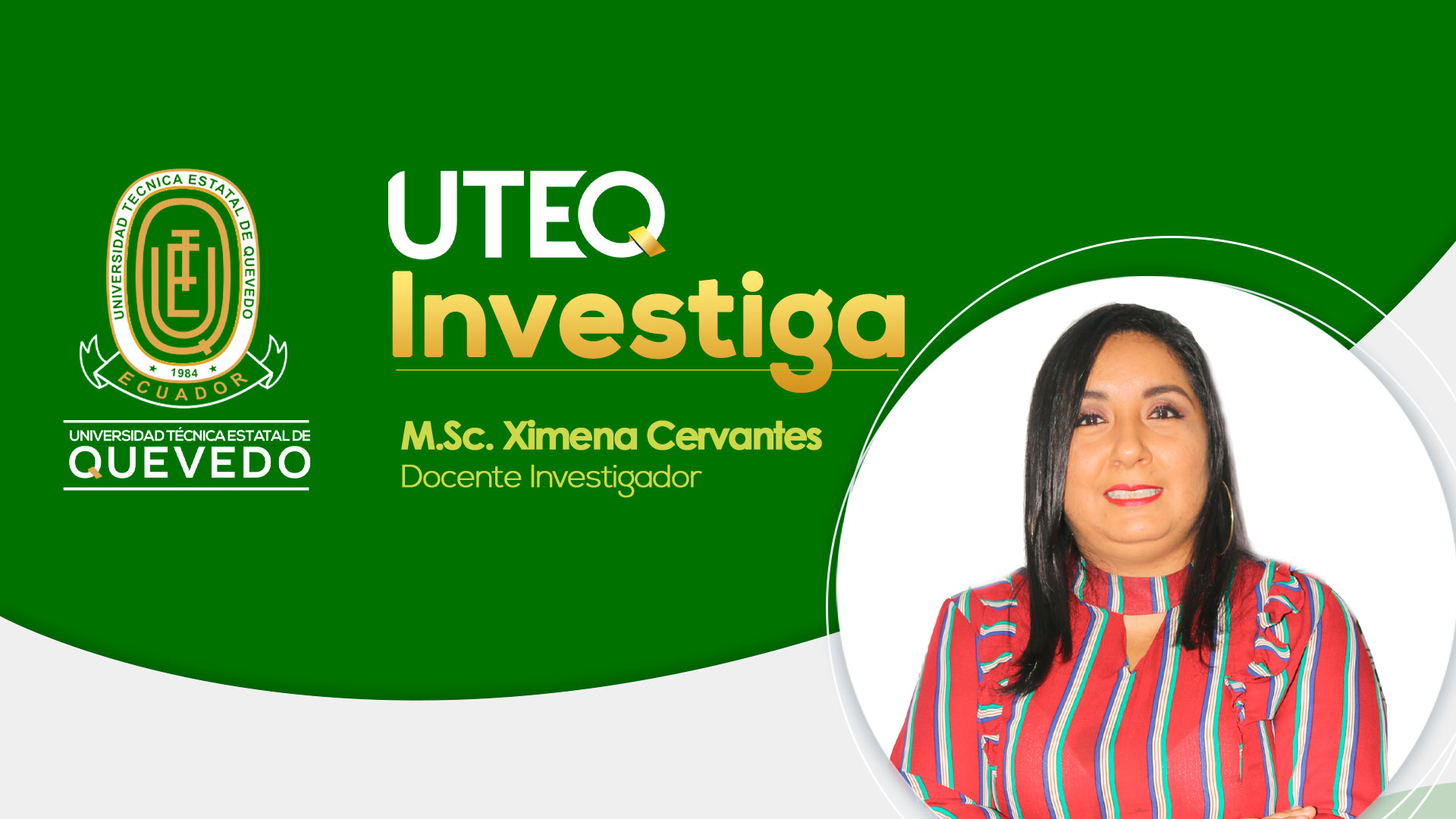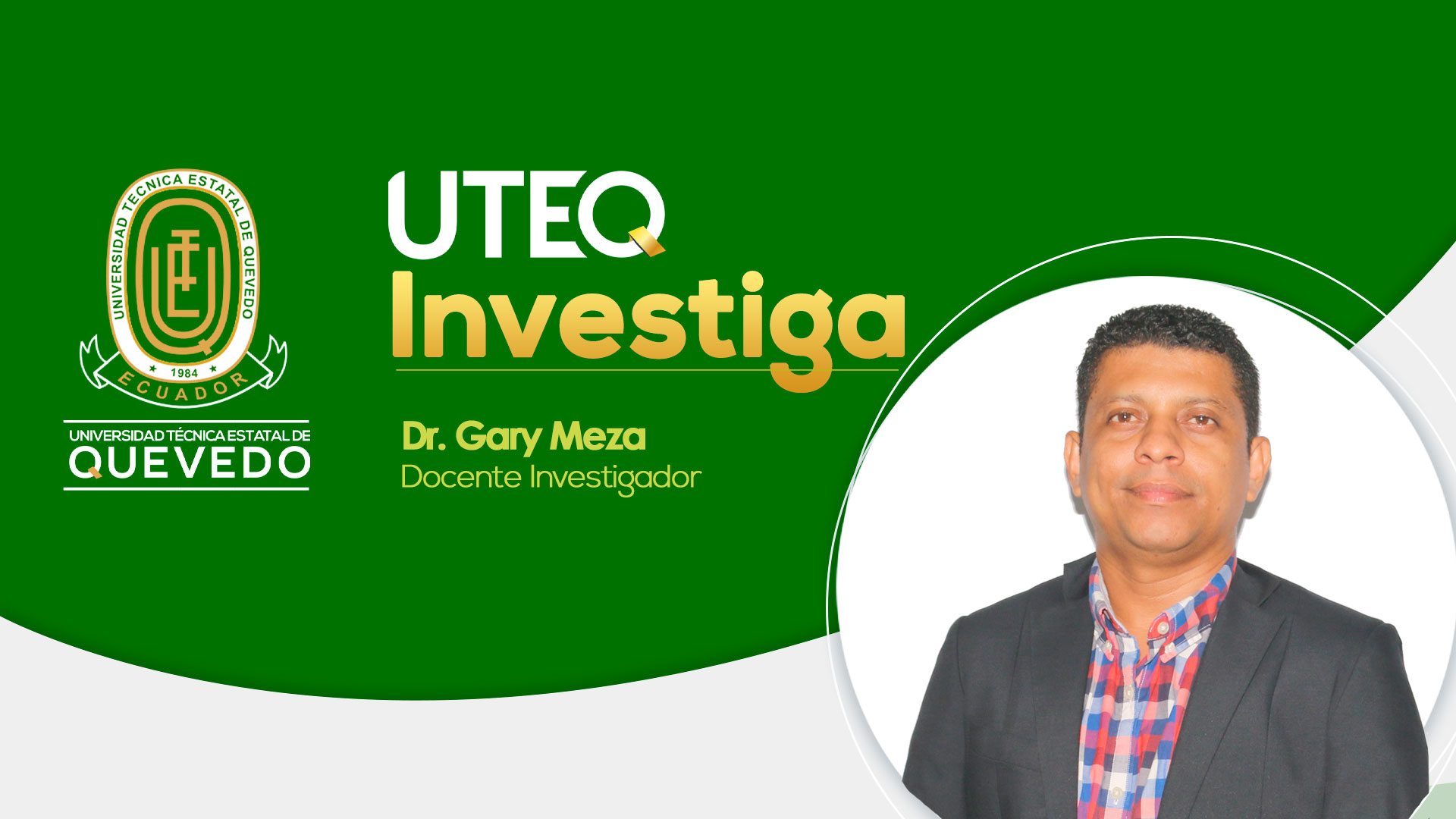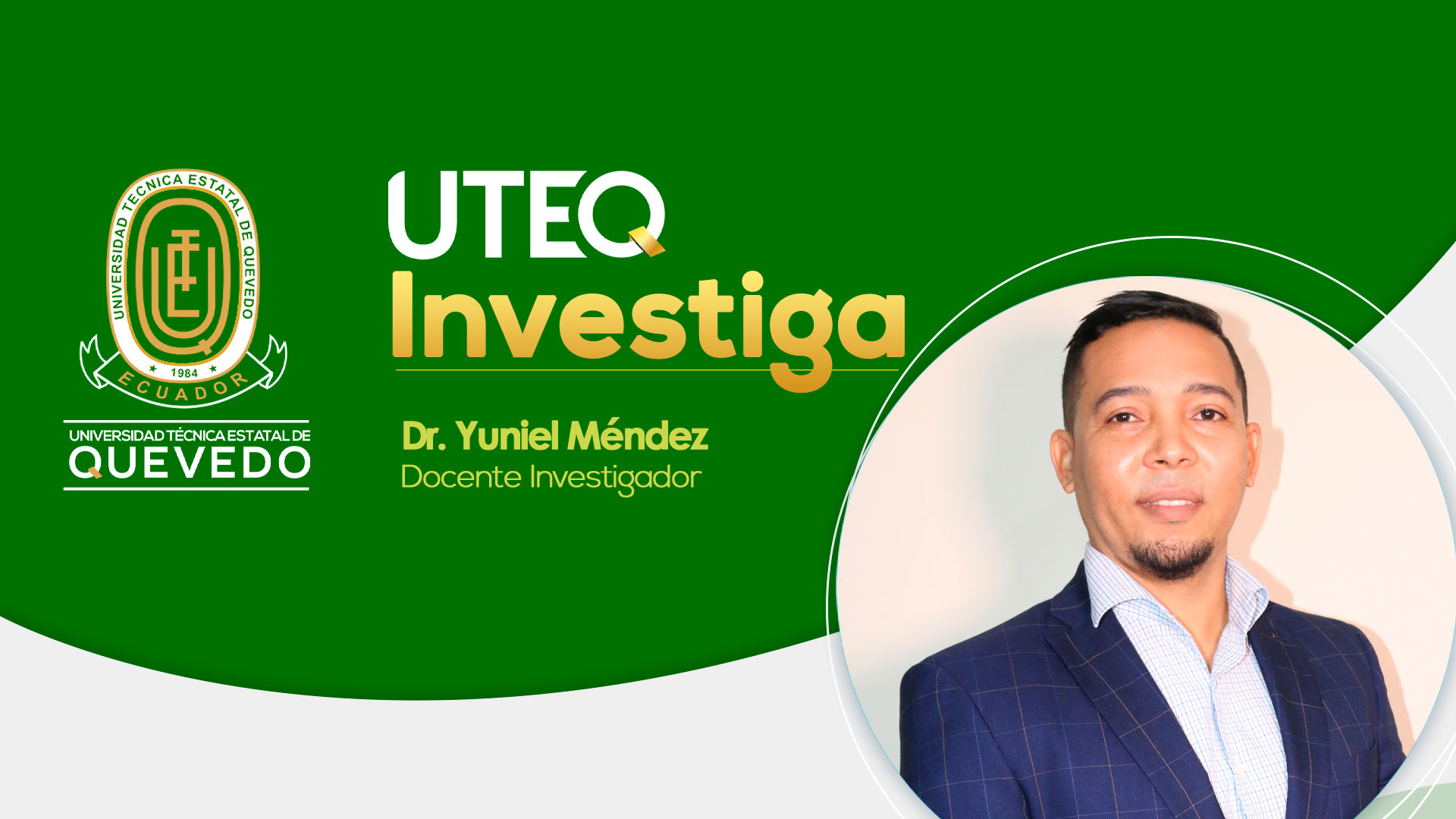Lines of Research
Operational objectives of the lines of research
In each line of research, annual operational actions are carried out as follows:
- Update lines of research and plan the necessary resources.
- Training and incorporating researchers.
- Coordinate the execution of research projects according to the lines of development.
Area and sub-area of knowledge UNESCO: Social sciences, business education and law/ Social and behavioural sciences/ Business education and administration/ Law
| Sub-lines |
|---|
| Business administration and human talent management |
| Accounting information and audit plans according to established standards |
| Marketing strategies and potential markets |
Area and sub-area of knowledge UNESCO: Agriculture/ Agriculture, forestry and fisheries
| Sub-lines |
|---|
| Development of knowledge and technologies for alternative agriculture applicable to the conditions of the humid and semi-humid tropics of the Ecuadorian Littoral. |
| Development and management of varieties and hybrids in crops of strategic interest for Ecuador. |
| Improvement of plant species and organic products |
| Economic and social development in the area of influence of the UTEQ. |
| Development of production systems that promote the efficient use of genetic resources. |
| Forest ecosystem management, wood processing and agro-ecology |
| Disease and pest management strategies in agricultural and forestry systems. |
Area and sub-area of knowledge UNESCO: Agriculture/ Agriculture, forestry and fisheries
| Sub-lines |
|---|
| Development of production systems that promote the efficient use of plant genetic resources. |
| Nutritional improvement, conservation of grasses, legumes, fodder trees, agricultural by-products and agro-industrial residues for animal feed. |
| Development of alternative production systems in aquaculture |
| Development of poultry production systems |
| Development of agricultural systems that contribute to food security, economy and sustainable management of natural resources. |
| Biodiversity, land-use planning and environmental sustainability of human settlements |
| Conservation biology |
Area and sub-area of knowledge UNESCO: Engineering, industry and construction/ Engineering and allied professions/ Industry and production
| Sub-lines |
|---|
| Valuation of agro-industrial waste. |
| Management, Innovation, Development and Sustainability of food and non-food processes and products. |
| Management, innovation, development and sustainability of food products |
Area and sub-area of knowledge UNESCO: Agriculture/ Agriculture, forestry and fisheries
| Sub-lines |
|---|
| Assessment of water, air and soil quality, including mitigation alternatives to environmental impacts. |
| Development of technological solutions for waste management and promotion of alternative energies. |
| Development of production systems that promote the efficient use of environmental resources. |
| Development, conservation and protection of water resources and ecosystems |
| Management biology in the face of climate change |
| Architectural and urban development |
| Architectural and urban development |
Area and sub-area of knowledge UNESCO: Social sciences, business education and law/ Social and behavioural sciences/ Business education and administration/ Law
| Sub-lines |
|---|
| Economic and social development in the area of influence of UTEQ |
| Public administration, innovation and entrepreneurship |
| Financial strategies for business development |
Area and sub-area of knowledge UNESCO: Education/ Teacher training and education sciences
| Sub-lines |
|---|
| Innovation, planning, execution and curricular evaluation. |
| Teaching at basic education level |
| Language teaching-learning process |
| Psycho-pedagogical performance |
Area and sub-area of knowledge UNESCO: Engineering, industry and construction
| Sub-lines |
|---|
| Energy efficiency and renewable energies |
| Design, construction and maintenance of mechanical systems |
Area and sub-area of knowledge UNESCO: Health and social services
| Sub-lines |
|---|
| Health care, control and prevention system. |
Area and sub-area of knowledge UNESCO: Science/ Life sciences/ Computer science
| Sub-lines |
|---|
| Industrial and manufacturing technology development, design and management. |
| Design, simulation and prototyping of machine elements, mechanisms, structures and thermal systems. |
| Design, assembly, physical layout and commissioning of industrial plants with adapted and/or modified technology. |
| Ergonomics and psychosociology. |
| Safety at work. |
Area and sub-area of knowledge UNESCO: Science/ Life sciences/ Computer science
| Sub-lines |
|---|
| Software engineering and information security applications |
| Innovation in telematic and electronic systems |




